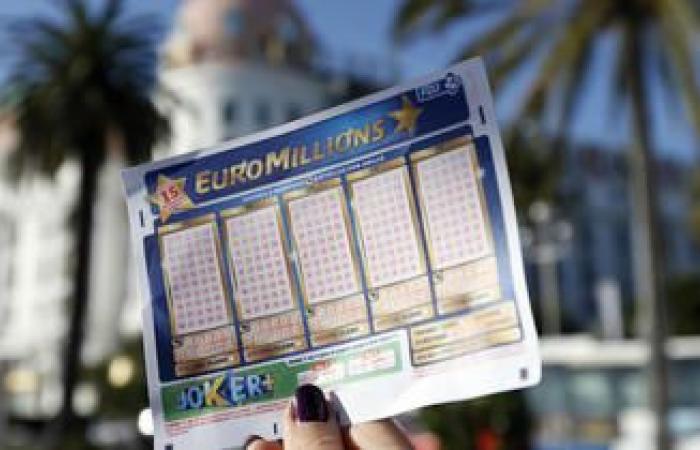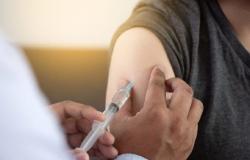The government plans to increase social security contributions for the gambling sector from next year. Its goal is to replenish the Social Security coffers.
A complex system that is about to change. According to Les Echos this Thursday, the government is expected to present a measure on October 10 to increase social security contributions for the gambling sector (online poker, horse racing and sports betting, lotto, etc.). The objective is to increase the Social Security budget.
If this project is successful, the family and illness areas of the institution could recover around 500 million euros. As AFP recalled, Michel Barnier plans to reduce the deficit to 5% of gross domestic product (GDP) in 2025 (i.e. a hole of some 150 billion euros), thanks to an effort of 60 billion euros, supported by all public administrations of which Social Security is a part.
While players in the gambling sector pay social security contributions on the “gross gaming product” (GRP) – which “represents the amount of stakes from which the remuneration paid by the operator to the players is then deducted” according to the definition of the French Observatory of Drugs and Addictive Tendencies -, the CSG rate relating to lottery and casino winnings would reach 9.2%.
The daily reminds, however, that winnings above 1,500 euros would keep their CSG at 13.7%.
The most affected horse racing bets
Horse racing and sports betting would be affected by an increase of 4 to 5 points to reach 10% of the GRP for all physical bets and 15% for all sports bets.
The poker rate would increase from 0.2% to 1% of bets. Physical play circles will have to pay 10% of their GRP. Added to this decision, the government also plans to tax advertising expenses.
It remains to be seen whether the increase in this contribution will be passed on to the sale price and rates offered to punters and customers.
For the executive, the increase in these rates aims to compensate for the increase in gambling consumption among the French. According to a survey carried out by the French Observatory of Drugs and Addictive Tendencies and Santé Publique France on practices in 2014, “the expansion of the offer of games with the opening in 2010 of a legal market on the Internet seems to have resulted in a development in demand leading to an increase in “moderate risk” players (from 0.9% to 2.2%) and a stability in the number of “excessive” players (from 0.4% to 0. 5%). These proportions are higher among minors.”







